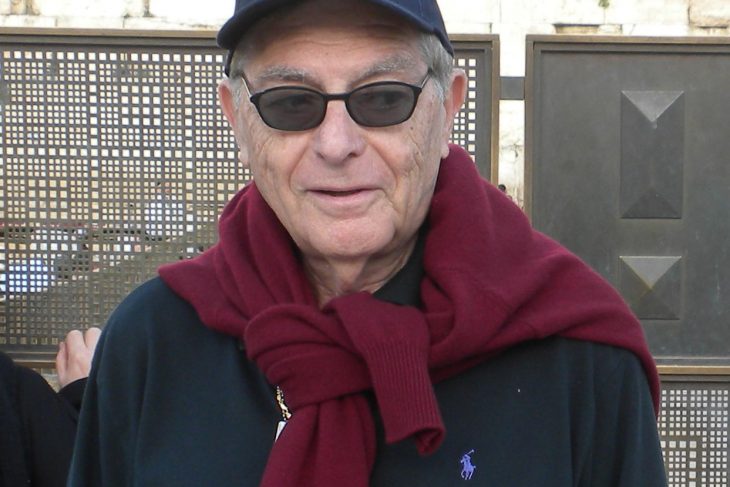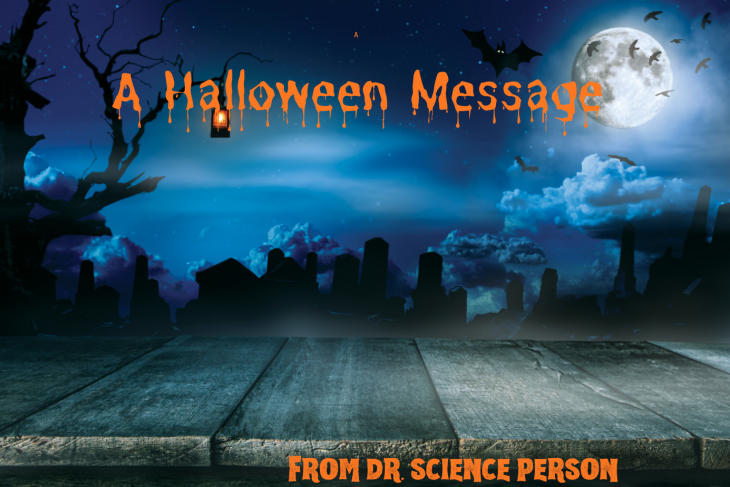Who shall wax rich
Today is Yom Kippur. My least-favorite holiday. A grim and joyless day in which we unworthy humans beg a skeptical God to forgive our sins. In the Yom Kippur of my youth, the pages of prayerbooks promised that God was
Today is Yom Kippur. My least-favorite holiday. A grim and joyless day in which we unworthy humans beg a skeptical God to forgive our sins.
In the Yom Kippur of my youth, the pages of prayerbooks promised that God was just and merciful, but everybody knew the “merciful” stuff was a load of crap that some rabbi put in because it was good PR. We knew we lived our lives under God’s disapproving, disappointed gaze, and that we pissed Him off in a million different ways every day.
(And yes, the King of the Universe, Blessed be He and Blessed be His Name, used the pronouns He and His.)
The only joy the day offered was when it ended. It is a solemn day, so awesome and frightening that angels tremble in terror. We humans observe it by fasting. From sundown to sundown, we neither eat nor drink. I remember watching grownups, deprived of coffee, arrive at synagogue bleary-eyed. As the day wore on, they became increasingly cranky. By the time services ended, their stomachs grumbled and their heads throbbed.
In time, it hit me, too, and interrupted my prayers:
“Elohenu ve-Elohe avotenu ve-imotenu,”
Gosh I’m hungry…
“Elohe Avraham Elohe Yitzchak ve-Elohe Ya-akov. Elohe Sarah Elohe Rivkah Elohe Rachel ve-Elohe Le-ah ha-El hagadol hagibor ve-hanorah,”
And I’d kill for some coffee. Really, is He gonna smite me for drinking some coffee? What’s the past tense of smite, anyway? Smit? Hey! Concentrate on the prayer!
“El elyon, gomel chasadim tovim ve-kone hakol, ve-zocher chasde avot…”
Is this a headache, or what? Does taking Advil count as “eating?”
Afterward, we’d rush home where we were fortified by bagels and coffee and family. Our good humor would return and we’d laugh and eat and tell stories and eat and critique the rabbi’s sermon and eat. There was joy in family and in home, but certainly not in the holiday.
I REMEMBER FOUR WORDS from services: “Who shall wax rich.”
They’re from a liturgical poem called Unetanneh Tokef, a key part of the Yom Kippur service. It dates to the sixth century and is very heavy:
“On Rosh Hashanah will be inscribed and on Yom Kippur will be sealed how many will pass from the earth and how many will be created; who shall live and who shall die; who shall die at his predestined time and who before his time; who by water and who by fire, who by sword, who by beast, who by famine, who by thirst, who by storm, who by plague, who by strangulation, and who by stoning. Who shall rest and who shall wander, who shall live in harmony and who shall be harried, who shall enjoy tranquillity and who shall suffer, who shall become poor and who shall wax rich, who will be degraded and who will be exalted…”
The whole business of dying by water and fire and sword and beast and stoning – stoning! – freaked me out, and the idea of dying by thirst was terrifying. But “wax rich” always tripped me up. It wasn’t the rich part so much as the “wax” part. On this holy day, when I was trying to atone, hoping that God, who knew all my thoughts and deeds, would look favorably upon me, I was thinking about wax. And wax things. And waxiness. And The Karate Kid – “wax on. Wax off.”
Wax rich? Where’d they get “wax?” Sorry, God.
“…but Repentance, Prayer, and Charity mitigate the severity of the decree.”
It all seemed to be about severity. About mitigating awful stuff. If I repented and prayed and was charitable, maybe I still wouldn’t wax rich, but at least I wouldn’t die by beast. I could live with that.
FIVE YOM KIPPURS AGO, my father died. Certain observant people tried to comfort me by saying it’s a blessing to die on Yom Kippur – that because God forgives sins on this day, my father was “pure” on the day of his death.
Meh.
I know they were trying to help, but my father had just died. The only purity I knew was grief.
I never liked this day. I always thought fasting got in the way of its meaning. I always thought the idea of God spending a day each year making a list of who shall live and who shall die made no sense. I reject the idea that death and sickness are punishment for our failures.
While I like setting aside time to be introspective – to consider how we are living our lives, to evaluate what really is important – I always had a hard time with the way we did it.
My dad’s death made this already joyless day even more bitter.
For the past few years, synagogues all over the world have livestreamed Yom Kippur services. You can go to services in New York, in London, in Miami, all without leaving home. Last night, I went to Santa Monica – from West Hollywood.
The service was joyful. The music – which we would have rejected as inappropriate in the synagogues I grew up in – was uplifting. Joy was utterly lacking in the Yom Kippur of my youth. In fact, we would have rejected joy just as we would have rejected music. It would be…somehow frivolous.
This year, it was meaningful.
I don’t know why I went. Maybe out of habit. Maybe out of fear. Maybe because uttering the words and hearing the melodies reminds me of something I am or was – or of something I did or didn’t do.
The Yom Kippur of my youth was about sin and punishment and deprivation. No wonder I never liked it.
On this Day of Atonement, I pray that I will be kind more often than not. And I pray that all of us hear the music more than the grumbling.








